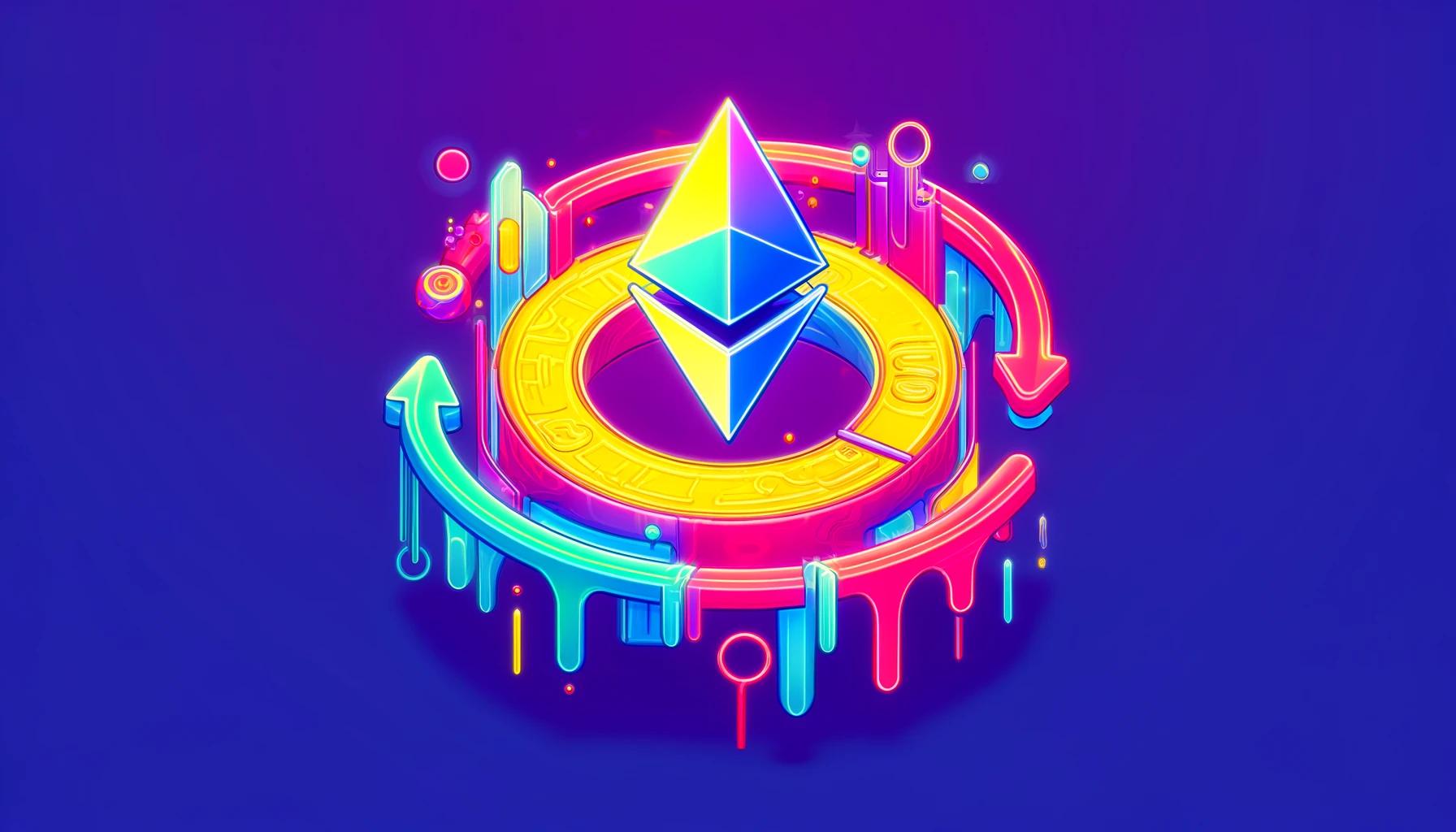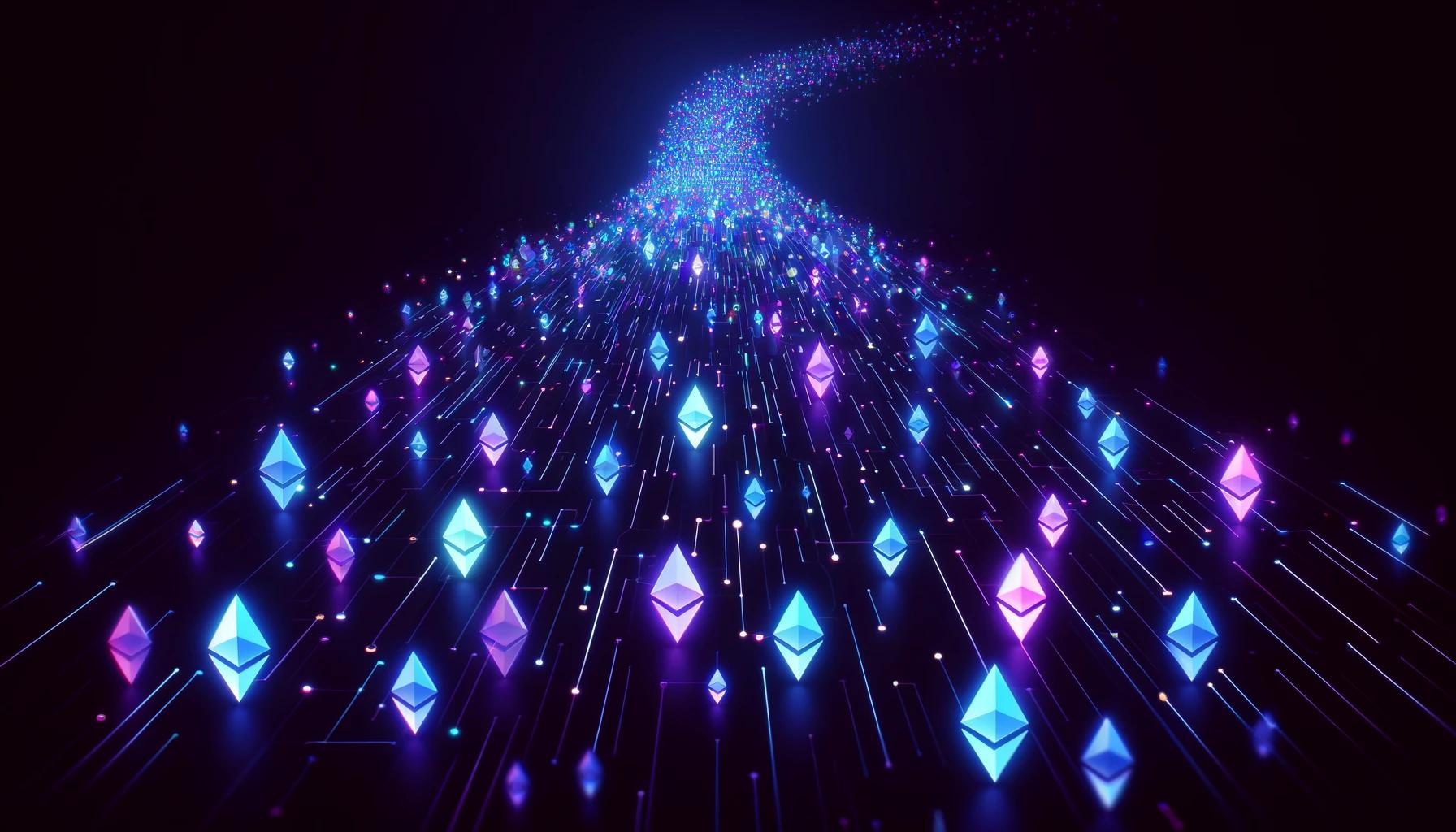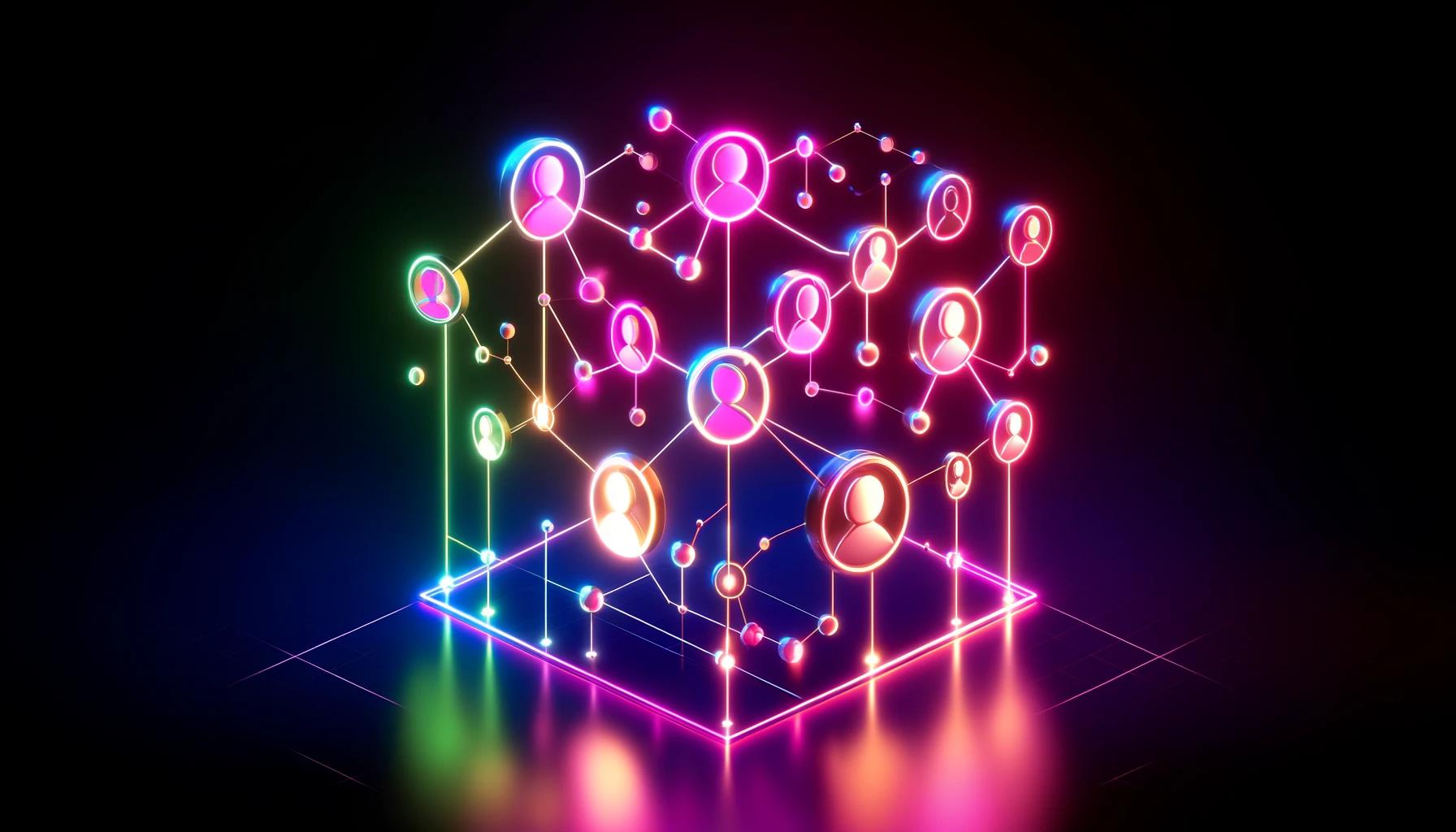“Let’s be adults about this. These are no longer ‘shrooms.’ These are no longer party drugs for young people,” Stamets told CNN. “Psilocybin mushrooms are nonaddictive, life-changing substances.”
“The data are strong from depression to PTSD to cluster headaches, which is one of the most painful conditions I’m aware of,” said neurologist Richard Isaacson, director of the Alzheimer’s Prevention Clinic in the Center for Brain Health at Florida Atlantic University.
“I’m excited about the future of psychedelics because of the relatively good safety profile and because these agents can now be studied in rigorous double-blinded clinical trials,” Isaacson said. “Then we can move from anecdotal reports of ‘I tripped on this and felt better’ to ‘Try this and you will be statistically, significantly better.'”
Your brain on mushrooms
Classic psychedelics such as psilocybin and LSD enter the brain via the same receptors as serotonin, the body’s “feel good” hormone. Serotonin helps control body functions such as sleep, sexual desire and psychological states such as satisfaction, happiness and optimism.
People with depression or anxiety often have low levels of serotonin, as do people with post-traumatic stress disorder, cluster headaches, anorexia, smoking addiction and substance abuse. Treatment typically involves selective serotonin reuptake inhibitors, or SSRIs, which boost levels of serotonin available to brain cells. Yet it can take weeks for improvement to occur, experts say, if the drugs even work at all.
With psychedelics such as psilocybin and LSD, however, scientists can see changes in brain neuron connectivity in the lab “within 30 minutes,” said pharmacologist Brian Roth, a professor of psychiatry and pharmacology at the University of North Carolina at Chapel Hill.
“One of the most interesting things we’ve learned about the classic psychedelics is that they have a dramatic effect on the way brain systems synchronize, or move and groove together,” said Matthew Johnson, a professor in psychedelics and consciousness at Johns Hopkins Medicine.
“When someone’s on psilocybin, we see an overall increase in connectivity between areas of the brain that don’t normally communicate well,” Johnson said. “You also see the opposite of that — local networks in the brain that normally interact with each other quite a bit suddenly communicate less.”
It creates a “very, very disorganized brain,” ultimately breaking down normal boundaries between the auditory, visual, executive and sense-of-self sections of the mind — thus creating a state of “altered consciousness,” said David Nutt, director of the Neuropsychopharmacology Unit in the Division of Brain Sciences at Imperial College London.
And it’s that disorganization that is ultimately therapeutic, according to Nutt: “Depressed people are continually self-critical, and they keep ruminating, going over and over the same negative, anxious or fearful thoughts.
“Psychedelics disrupt that, which is why people can suddenly…
Read more:How psilocybin, the psychedelic in mushrooms, may rewire the brain to ease









 Bitcoin
Bitcoin  Ethereum
Ethereum  Tether
Tether  Solana
Solana  USDC
USDC  Lido Staked Ether
Lido Staked Ether  XRP
XRP  Dogecoin
Dogecoin  Toncoin
Toncoin  Cardano
Cardano  Shiba Inu
Shiba Inu  Avalanche
Avalanche  TRON
TRON  Wrapped Bitcoin
Wrapped Bitcoin  Bitcoin Cash
Bitcoin Cash  Polkadot
Polkadot  Chainlink
Chainlink  NEAR Protocol
NEAR Protocol  Polygon
Polygon  Litecoin
Litecoin  Internet Computer
Internet Computer  Uniswap
Uniswap  LEO Token
LEO Token  Dai
Dai  First Digital USD
First Digital USD  Hedera
Hedera  Ethereum Classic
Ethereum Classic  Stacks
Stacks  Aptos
Aptos  Mantle
Mantle  Cronos
Cronos  Stellar
Stellar  Filecoin
Filecoin  Cosmos Hub
Cosmos Hub  Render
Render  Pepe
Pepe  OKB
OKB  Renzo Restaked ETH
Renzo Restaked ETH  Immutable
Immutable  dogwifhat
dogwifhat  Bittensor
Bittensor  XT.com
XT.com  Arbitrum
Arbitrum  Maker
Maker  Wrapped eETH
Wrapped eETH  Optimism
Optimism  The Graph
The Graph